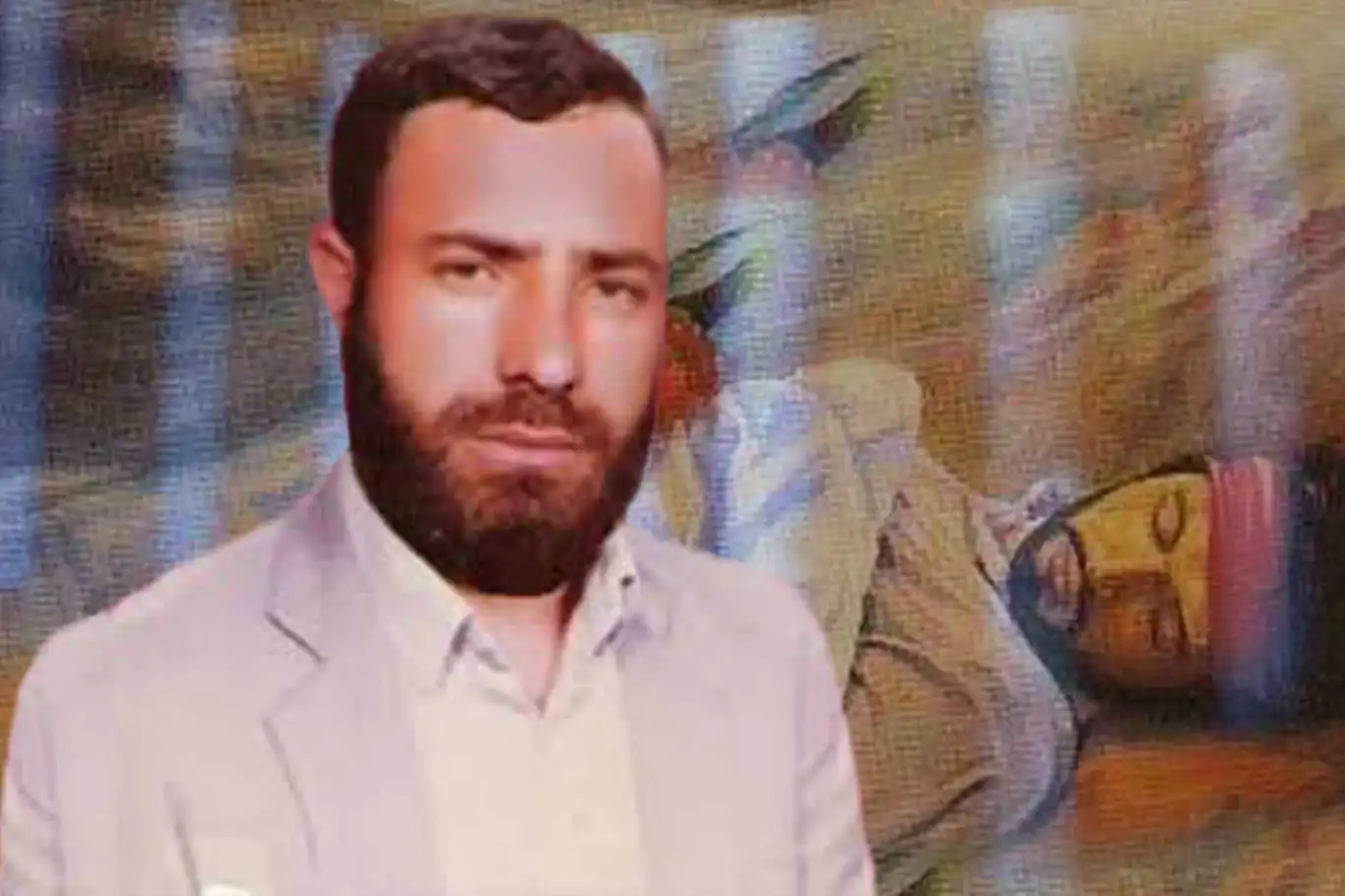Martyrdom of Sheikh Zeki Atak: 33 years later, his legacy lives on


Today marks the 33rd anniversary of the martyrdom of Sheikh Muhammad Zeki Atak, a revered Islamic scholar and community leader who was assassinated by PKK militants in Cizre, Şırnak, in 1992.
His untimely death remains a significant moment in Türkiye’s history, symbolizing both the struggles of religious scholars and the challenges faced by those who dedicate their lives to peace and faith.
Despite the decades that have passed, Sheikh Zeki’s legacy continues to inspire thousands across Türkiye and beyond. His unwavering commitment to Islamic teachings, his role as a peacemaker, and his tireless efforts to serve his community made him a respected figure in religious and social circles.
Born in 1956 in the village of Nawyan (Güneyçam), Şırnak, Sheikh Muhammad Zeki Atak exhibited a passion for Islamic studies from a young age. After completing his primary education, he enrolled in a madrassa, where he devoted himself to the Qur'an and Islamic jurisprudence. His dedication and intellect quickly earned him recognition among his peers and teachers.
With a deep understanding of Islamic sciences, Arabic, and jurisprudence, Sheikh Zeki became an influential Qur'an teacher under the Presidency of Religious Affairs. His fluency in Turkish, Arabic, and Kurdish made him a key figure in religious education and a trusted interpreter for religious authorities in Southeastern Anatolia.
Sheikh Zeki was known not only for his scholarly pursuits but also for his strong commitment to his community. He worked tirelessly to promote religious education, built a mosque in Cizre with local support, and dedicated his life to mediating disputes through Islamic principles. His wisdom and fairness earned him the respect of people across different backgrounds.
Sheikh Zeki’s dedication to Islamic teachings and his growing influence in the region put him in direct opposition to the PKK, which sought to suppress religious figures who advocated for peace, faith, and moral values. Despite increasing threats and intimidation, Sheikh Zeki refused to abandon his mission.
During the early 1990s, violence escalated in southeastern Türkiye, and Islamic scholars like Sheikh Zeki found themselves in danger. The PKK saw religious leaders as obstacles to their ideology and targeted those who encouraged faith-based unity and reconciliation.
In the months leading up to his martyrdom, Sheikh Zeki and his colleagues endured harsh conditions, including blockades, food shortages, and constant threats. Despite these challenges, he continued his work with unshakable determination.
On February 19, 1992, the threats against him culminated in a brutal ambush. Sheikh Zeki was attacked and killed by PKK militants in Cizre, leaving behind a grieving community that had looked to him for guidance.
Transporting Sheikh Zeki’s body for burial proved difficult due to security concerns and harsh weather conditions. However, the next day, despite all obstacles, a large crowd of mourners gathered to pay their respects. His funeral was marked by takbirs (chants of “Allahu Akbar”), as his followers honored his unwavering faith and sacrifice.
His burial was not just a farewell but a powerful statement of defiance against oppression. Even in death, Sheikh Zeki’s influence was felt, as people rededicated themselves to the principles he stood for.
Sheikh Muhammad Zeki Atak’s martyrdom left an indelible mark on those who knew him. Three decades later, his teachings, writings, and community efforts continue to shape religious education in Türkiye.
His mosque in Cizre remains a symbol of his dedication, standing as a place of worship, learning, and unity. His students, many of whom have become respected scholars and community leaders, carry forward his mission of spreading Islamic knowledge and peace.
His family and followers have kept his memory alive, holding annual commemorations and ensuring that new generations learn about his sacrifice and contributions. In an era of ongoing struggles for justice and religious freedom, Sheikh Zeki’s story remains a beacon of inspiration for those who seek to live by their faith despite adversity.
Sheikh Muhammad Zeki Atak’s life and martyrdom stand as a powerful reminder of the challenges faced by religious scholars and community leaders. His courage in the face of threats and persecution, his dedication to Islamic scholarship, and his commitment to peace make him a heroic figure in Türkiye’s religious history.
Even today, his martyrdom serves as a testament to the resilience of faith and the power of unwavering conviction. His name is remembered not just as a victim of violence, but as a defender of truth, a teacher of righteousness, and a symbol of steadfast faith.
Three decades later, the memory of Sheikh Muhammad Zeki Atak continues to inspire generations to uphold justice, knowledge, and devotion to faith. (ILKHA)
LEGAL WARNING: All rights of the published news, photos and videos are reserved by İlke Haber Ajansı Basın Yayın San. Trade A.Ş. Under no circumstances can all or part of the news, photos and videos be used without a written contract or subscription.
Today marks the 8th anniversary of the passing of Sheikh Omar Abdel Rahman, a revered Hafiz-e-Qur’an and Qari (reciter of the Qur’an), who was falsely accused and unjustly imprisoned by the oppressive US regime.
Sheikh Ragheb Harb, the founding leader of the Lebanese Hezbollah resistance movement, devoted his entire life to serving his people and resisting Israeli occupation.
Seventeen years ago, on the night of February 12, 2008, the world lost one of West Asia’s most formidable and visionary resistance leaders, Imad Mughniyeh, known by his nom de guerre, Hajj Radwan.